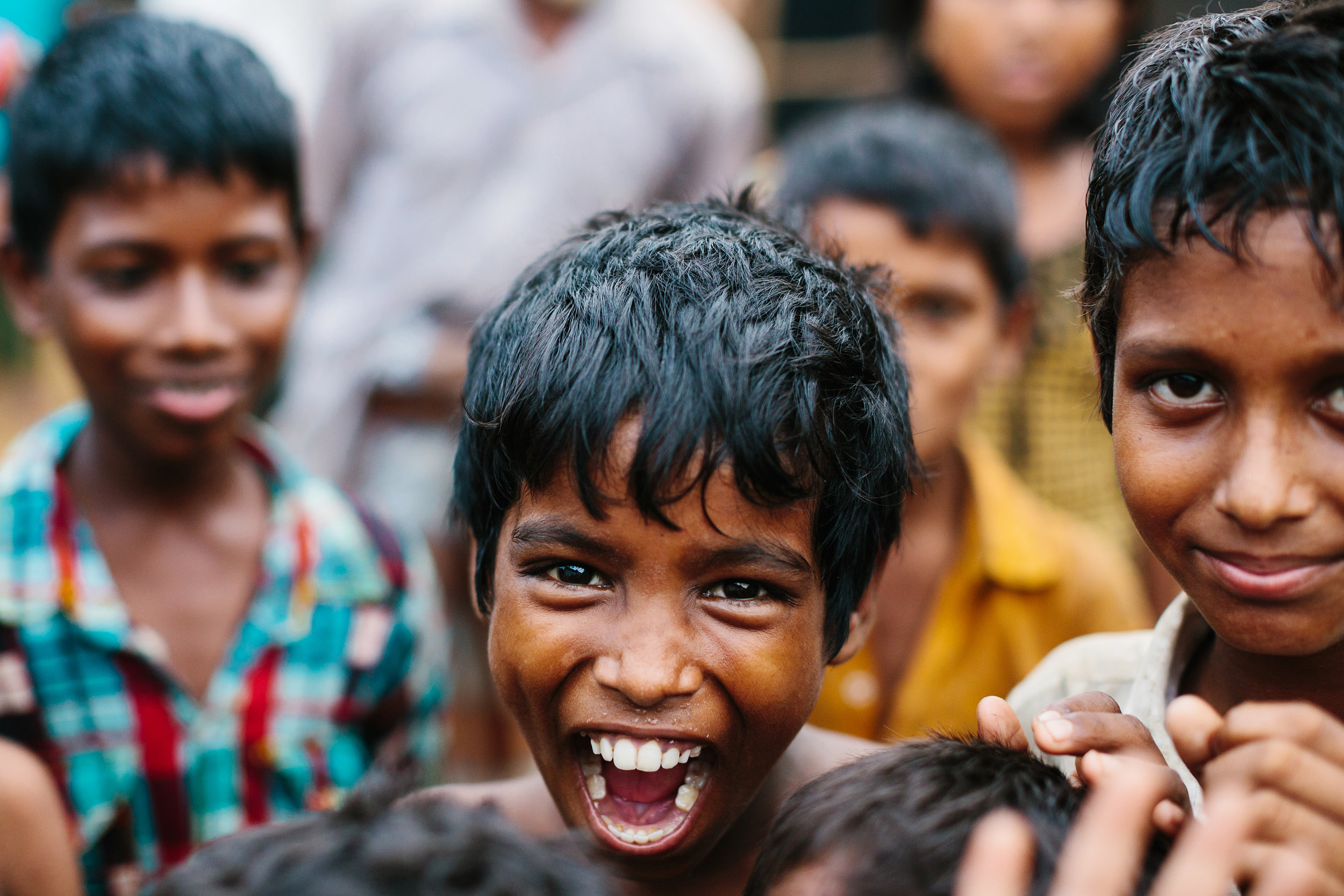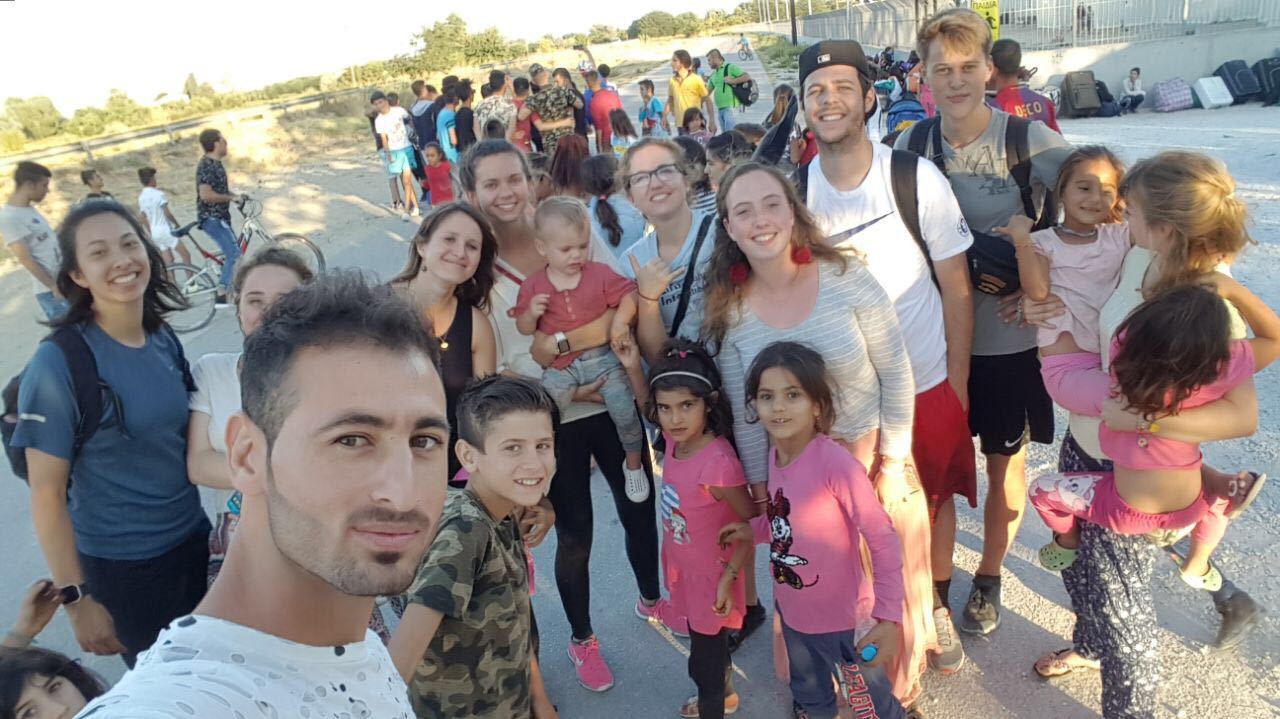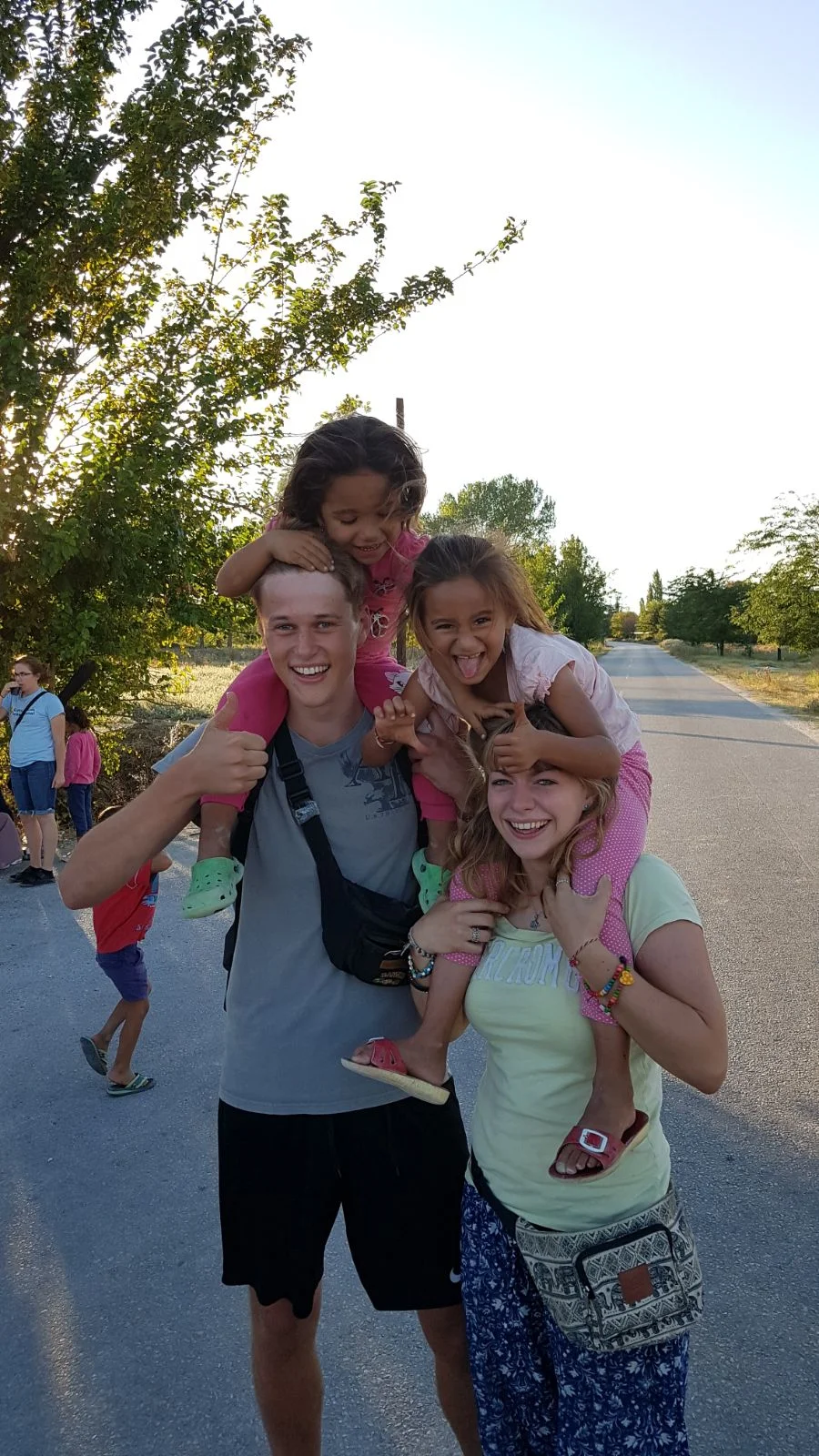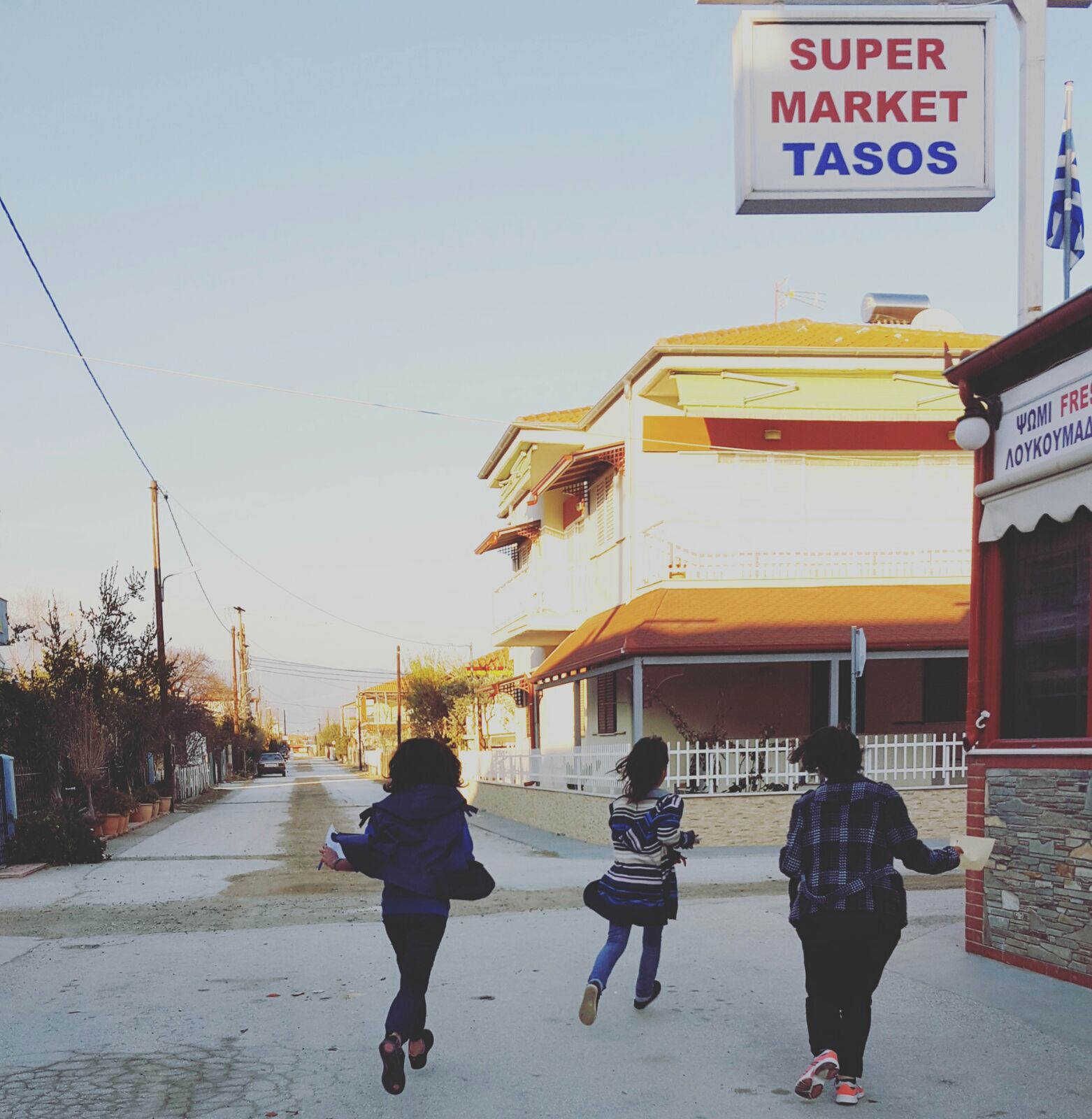I have been among the Rohingya for a week, and we have major work to do — especially to keep the children safe.
An estimated 340,000 Rohingya refugee children live in crowded and unsanitary refugee camps in Bangladesh. There are a handful of established child-friendly spaces, but there simply aren’t enough shelters to meet the needs of that many children. Nor are they evenly distributed throughout the sprawling camps. Some have to walk 45 minutes each way to the closest child-friendly space.
On top of that, the staff at these centers end up getting so distracted by emergency projects, such as sourcing safe drinking water and sanitation, that they simply don’t have the time or means to focus on maintaining a safe space and meaningful activities.
There needs to be more official and consistent services for children, who are already facing these threats:
1. SEPARATION FROM PARENTS
Children and parents are often separated, whether it be amidst the confusion of their village burning down in Myanmar, or a child taking the wrong turn in the massive refugee camps and becoming lost, sometimes indefinitely. One of the few services that reunite separated kids with their families is run by a refugee himself, armed only with a table and a loudspeaker. He saw the need wasn’t being met, and he took it upon himself to reunite families. The fact that a refugee had to take this on is an indicator that large orgs need to invest more in child safety and establish more centers throughout the camps.
2. KIDNAPPING/TRAFFICKING
The trafficking scene here is alive and well, and has been since the 1992 genocide saw 300,000 Rohingya flee from Myanmar to Bangladesh. This has given traffickers decades to establish their networks in the camps before this latest exodus of 600,000 Rohingya since August of this year. With no security at the camps, traffickers easily prey upon new arrivals. Literally anyone can just walk in. While there are no official figures on how many children have gone missing, 10,000 refugee children went missing in Europe over the last few years, so we can easily guess that the figure is in the thousands.
3. MALNOURISHMENT
By the time children make it to Bangladesh, they have spent weeks in hiding in the forests of Myanmar, often without any food. They arrive in Bangladesh starving, disorientated, emaciated, and thus more susceptible to disease. There are very few resources to educate families and children about basic sanitation, and even fewer that provide supplemental food until their body weight normalizes.
There are some projects that provide supplemental nutrition. For example, Neezo’s Kitchen is a grassroots project that provides 1,300 warm meals a day for children. 1,300 meals for 340,000 children is a staggering number. There are very few, if any, other projects like this.
4. TRAUMA
Rohingya children have been exposed to high levels of trauma, due to displacement, witnessing atrocities like murder, execution, torture, and rape. Without proper help, the trauma will fester and lead to chronic depression, anxiety, and in some cases, self-harm or suicide. According to Relief Web, “Safe spaces and schools are vital if huge numbers of children fleeing from violence in Myanmar are to recover from their toxic stress.”
5. LACK OF EDUCATION
While this may not seem like an immediate risk, education is one of the most sustainable solutions to trauma and preventable disease. Rohingya aren’t even allowed beyond army checkpoints just outside of the camps, let alone given the opportunity to attend school. The illiteracy rate amongst the Rohyinga is 80%. Most children have never attended school.
We need aid organizations to set up MANY MORE safe spaces for children in the camps, where staff aren't distracted by other projects and can focus on providing safety and education.
Thank you for spreading the word.
Photo credit: Shannon Ashton, who has generously donated her time and photography to the cause.
Sources:
Reuters: Amid the exodus, lone Rohingya children face dangers in camps.
Time: Rohingya Refugee Children Are in Desperate Need of Aid, the U.N. Says
Reuters: Traffickers prey on lost refugee children in Bangladesh camps
ReliefWeb: Rohingya refugee children need urgent help to deal with their trauma















